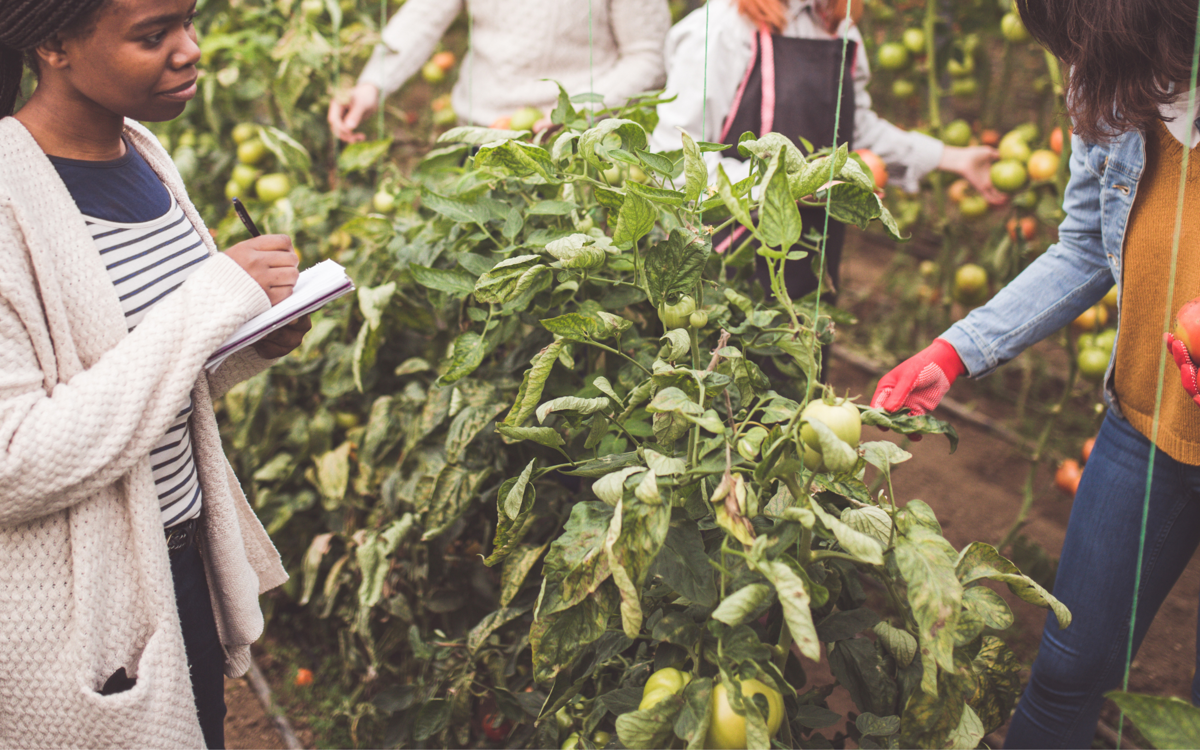The Climate Research Cohort's research-to-action facilitator Dr Haseeb Irfanullah reflects on the vital role researchers must play in informing and influencing current climate policies and practices.

In the simplest of terms, research is a process of creating new knowledge. It helps us generate understanding of a situation and explore the effectiveness of a tool by following standard steps in an organised manner, and ultimately find solutions to a problem. Researchers are therefore conduits between us and the unknown.
Once a research project is completed, we often share new knowledge in scientific conferences and write about it in journal articles – usually for our fellow researchers. If the research is interesting and important enough, it may also find its way into mainstream media and reach the general public.
To have real impact on the ground, research should also be translated so that concerned stakeholders or actors can accept the knowledge as evidence and act upon it. Research-to-Action (R2A) initiatives can help us achieve this impact.
An R2A project engages non-academic stakeholders in existing research to inform and influence their current policies and practices. Through this, R2A projects strengthen the impact of research by contributing to evidence-informed policy decisions and actions, which is really important in the context of climate change.
Discussions at the 26th Conference of the Parties (COP) of the United Nations Framework Convention on Climate Change (UNFCCC) this year must be guided by research and evidence to take effective decisions. For example, climate mitigation studies showed how green jobs are benefiting different parts of the world, debunking the myth against decarbonising our economy. They have also showed how nature-based solutions (NBS) can cost-effectively improve our adaptive capacity against a changing climate.
Earlier this year, the Association of Commonwealth Universities (ACU) and the British Council launched a new programme called the Commonwealth Futures Climate Research Cohort, convening 26 early-career climate researchers from 16 Commonwealth countries to collaboratively deliver R2A projects.
From research to action
Members of the Climate Research Cohort will be designing and implementing their R2A projects using the tools, techniques, and skills they developed through the programme. Given the prevailing COVID-19 situation, five R2A project teams will collaborate virtually with their peers and a variety of non-academic stakeholders.
Each project team member will be working to analyse an existing problem or a situation, identify the needs for taking policy action or practice change, and gather evidence from existing research. They will also identify relevant actors through stakeholder analysis, take note of opportunities to influence in the coming months, and find innovative ways to engage stakeholders. Finally, the teams will measure the impact of their R2A projects and generate new knowledge to support other researchers in the future.
R2A projects are a key mechanism for effective transdisciplinary engagement, enabling collaboration among researchers from different disciplines and cultures to address a common problem. By bringing together future climate research leaders from across the globe, the Climate Research Cohort is not only ensuring diversity, equity, and inclusion in climate research – but also creating research leadership through the R2A projects.
Cohort members have shared a range of exciting R2A project ideas in thematic areas ranging from food systems and food security, ecosystem protection and NbS, energy and decarbonisation, and more. Although they envisaged diverse outcomes from their R2A projects at different geographical scales and with an array of stakeholders, it was amazing to see how their approaches and visions complemented each other.
We look forward to sharing the exciting R2A journey by the Cohort over the coming months marked by transdisciplinary and international cooperation, enthusiastic research leadership, and innovative and impactful stakeholder engagement.
26 researchers for COP26


